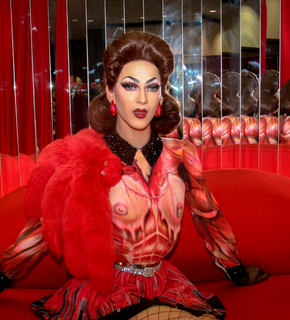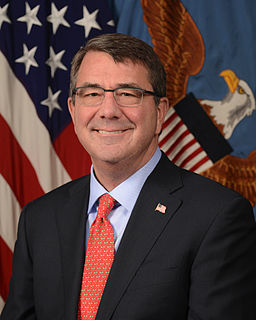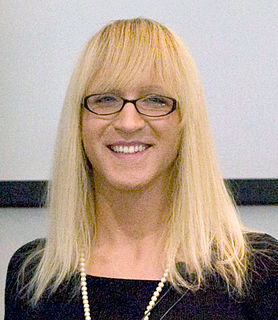A Quote by Patti Harrison
I don't even think Trump knows what transgender means. He probably thinks transgender people are those cars that turn into robots.
Related Quotes
Yet the transgender lobby aggressively attacks any critical voice as transphobic and tries to censor us from speaking. There is a big difference between criticism and transphobia. The transgender lobby knows that censoring criticism allows the accusation of transphobia to prevail and appears willing to distort the words of those they disagree with.
I was in a conversation and someone said: "You know, we were talking about the whole issue of transgender and how it has become so accepted now, and somebody said, 'You know the Oprah show, I think has had a big impact.'" I said, I don't think so. We did several transgender [shows], but we didn't do as much for transgender as I did for, say, abused kids or battered women. And they said, "But no, you started the conversation. You started the conversation and the conversation has led us to here."
If we know one thing from the transgender people who are currently serving - I'm in contact with one group that counts almost 200 people in uniform today who identify as transgender - it is a process that they have - that many of them have begun, that many of them would very much like to complete, if they could do so without putting their years at risk.






























